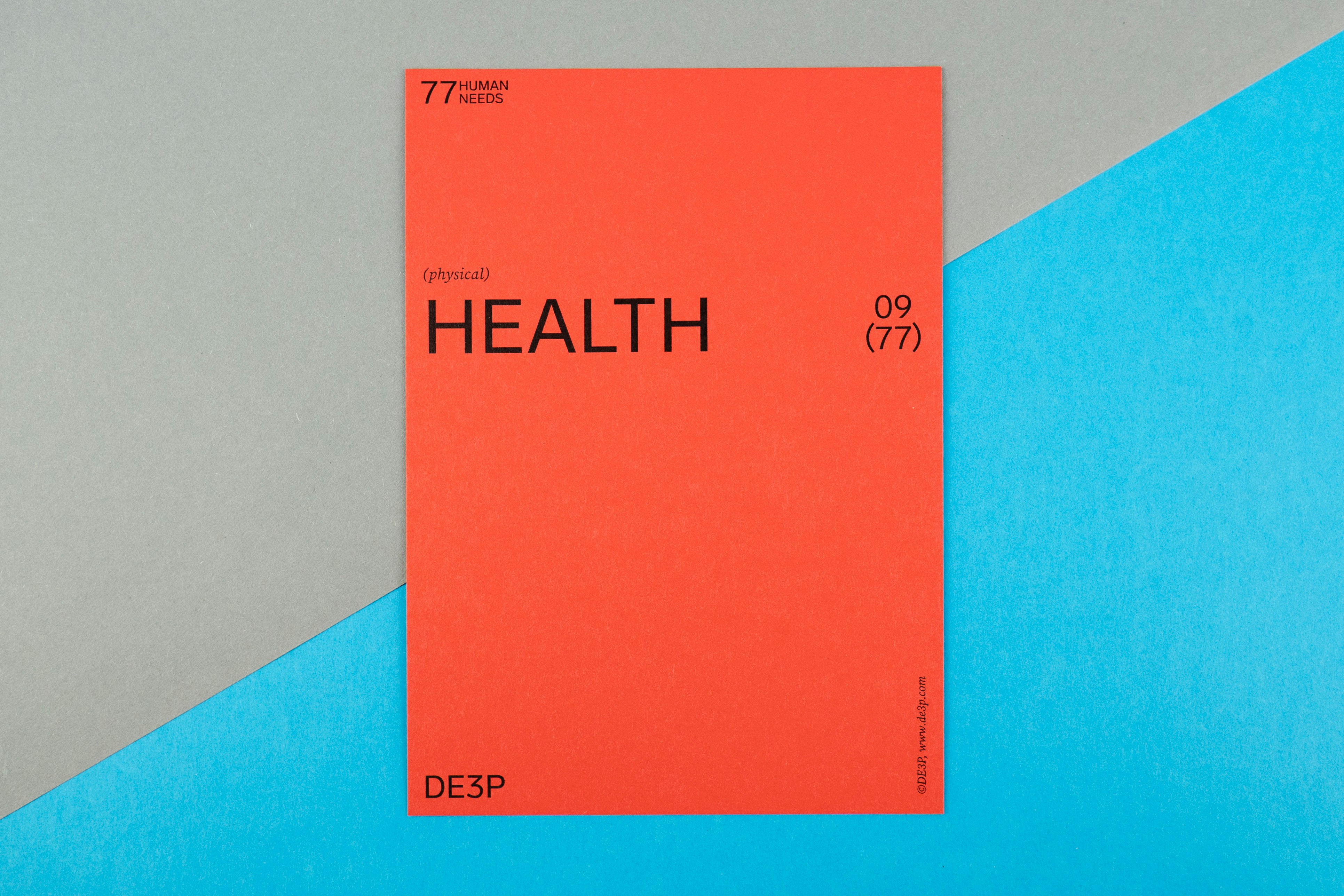Here's a conversation I had with a client last week. They were telling me about their website analytics, frustrated that people were leaving their site faster than my kids running from sprouts (and trust me, I know from experience just how fast that is).
"The design looks pretty good," they said. "Why isn't anyone sticking around?"
Let's be real - there's more to a successful wellness website than just pretty designs and nice colours. There's real psychology behind what makes people stay, trust you, and eventually become clients.
And guess what? It's not as complicated as it sounds.
First, Let's Talk About Trust
Here's something I see all the time in the wellness space - gorgeous websites that miss one crucial thing: trust. And without trust? Nobody's handing over their wellness journey to you, no matter how pretty your site looks.
Here's How to Build Trust Through Design:
1. Colours That Speak to Your Audience
Colour choice matters more than you might think...
Soft blues naturally create calm (perfect for meditation apps)
Earthy greens connect with natural healing
Bright, energetic colours resonate in fitness
But here's the thing: whatever you choose needs to feel authentic to your brand
2. White Space is Your Friend
Ever walked into an overcrowded store and felt overwhelmed? Your website can do the same thing.
Give your content room to breathe
Space out your sections
Let important elements stand alone
Make it easy for eyes to rest
3. Photos That Connect
Trust me on this one - people can spot inauthentic imagery from a mile away.
Use real photos of your space
Show actual clients (with permission)
Share authentic behind-the-scenes moments
Think beyond the usual wellness clichés
Making People Think "I Need This"
What Actually Gets People Clicking:
1. The Power of Before & After
But. In the grand scheme of things... this is what really gets people excited:
Share real client transformations
Use specific numbers when you can
Tell authentic stories
Show the journey, not just the destination
2. Social Proof Where It Counts
Think about where people make decisions on your site:
Near your pricing
Next to your booking buttons
Around your program details
Not buried on some testimonials page nobody visits
3. Urgency That Feels Natural
Instead of pushy countdown timers, think about:
Limited spots in your programs
Upcoming course start dates
Seasonal wellness challenges
Real reasons for acting now
Let's Talk About Flow
Want to know something most designers won't tell you? Where you put things on your page matters just as much as what you put there.
What Actually Works:
1. How People Actually Read
Here's how we all read websites (yep, you do this too):
Important stuff goes in the top left
Benefits before features
Headlines that guide you through the page
Buttons where you'd expect to find them
2. Making Things Easy
Guess what? The easier something is, the more likely people will do it:
Simple forms (just ask for what you need)
Clear next steps
Buttons that stand out
No treasure hunt for important info
Here's a Real Example:
BEFORE:
A meditation teacher's website:
Overwhelming homepage with 7 different offersTiny text that was hard to readCalming but barely visible buttonsTestimonials hidden away
AFTER:
Same website, new approach:
Clear focus on their 8-week programReadable text with good contrastButtons that actually stand outStories of transformation front and center
The result? Their sign-ups went up by 45%.
Let's Put This Into Action
Try these four quick fixes:
Check your font sizes on mobile - if you have to zoom in, they're too small
Look at your buttons - do they naturally draw attention?
Count how many options you're giving visitors - can you simplify?
Find places to add relevant social proof near decision points
And here's what matters... You don't need to get bogged down in the psychology of it all. Just think about how you use websites yourself - what makes you stay, trust, and take action?
Start With What You Have
The best part? You can start improving your site today. Pick one thing from this list - maybe it's adding some breathing room to your layout, or moving testimonials to better spots.
Because I've seen it time and time again...
The wellness websites that convert best aren't the ones with the fanciest features. They're the ones that understand how people think, feel, and make decisions about their health.
And isn't that what wellness is all about - understanding people and helping them make better choices?
Thanks for reading,
Marc
Need a design and copywriting partner for your health and wellness brand?
My name's Marc, and I'm a designer with over 25 years of experience, partnering exclusively with health and wellness brands.
Check out my work at All You Can Design, or book a free 15-minute call to see if we’re the right fit.

Marc Andrew
Creating designs with purpose for Health & Wellness brands.

